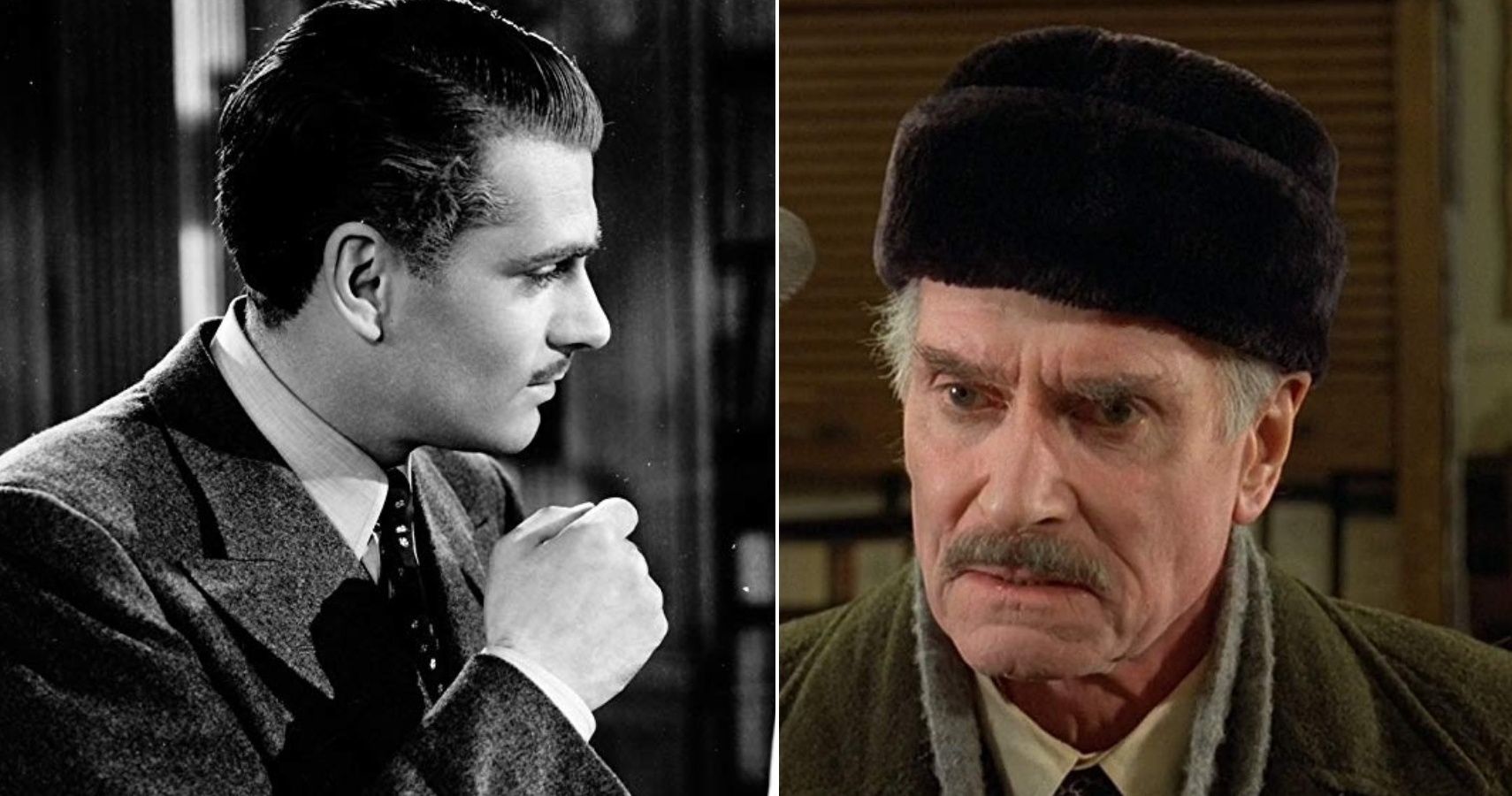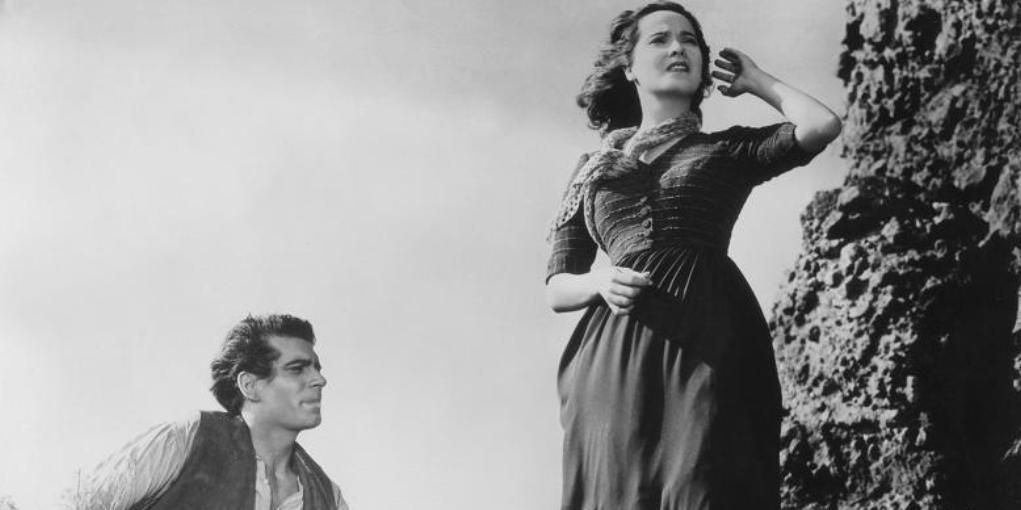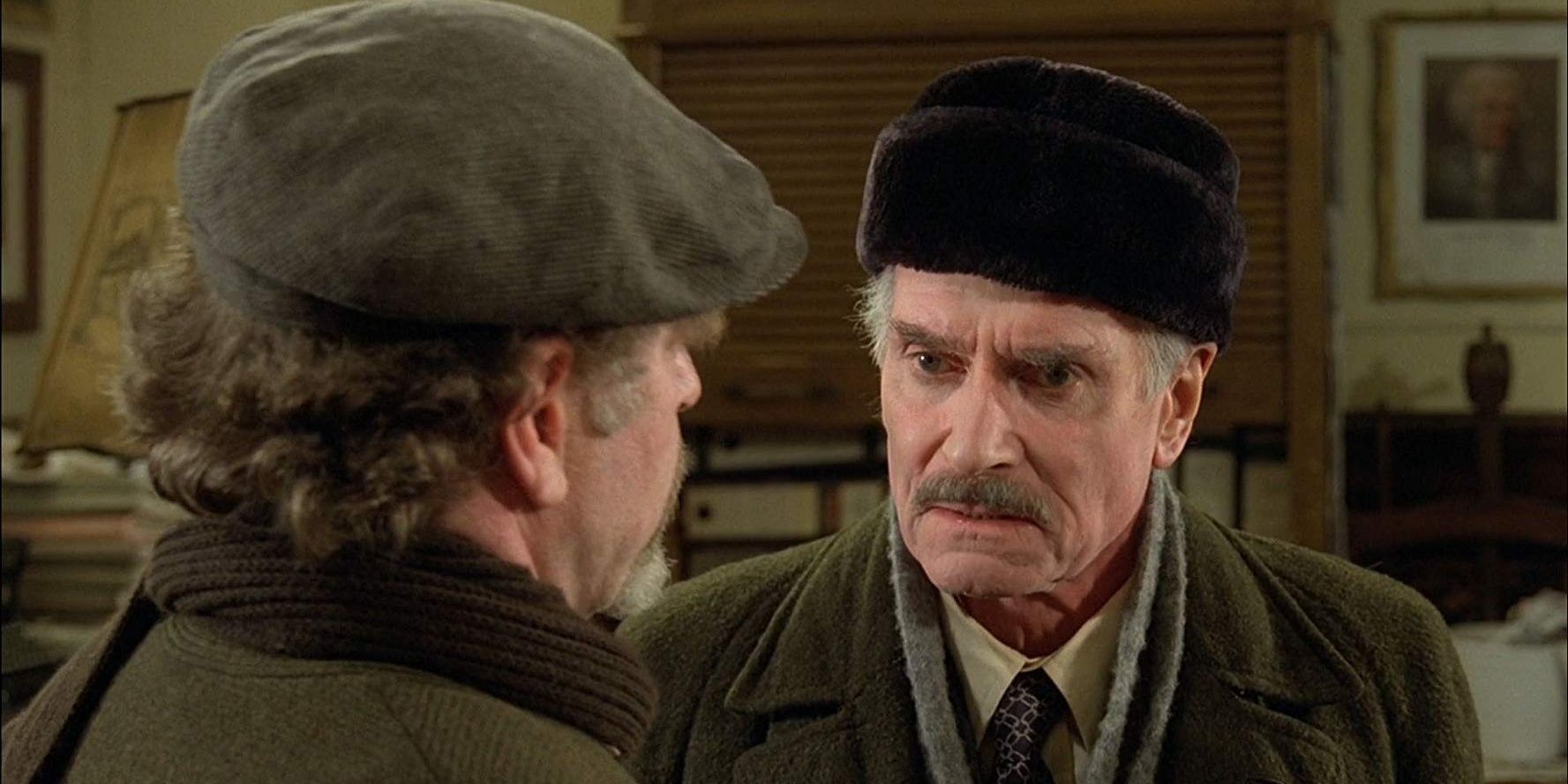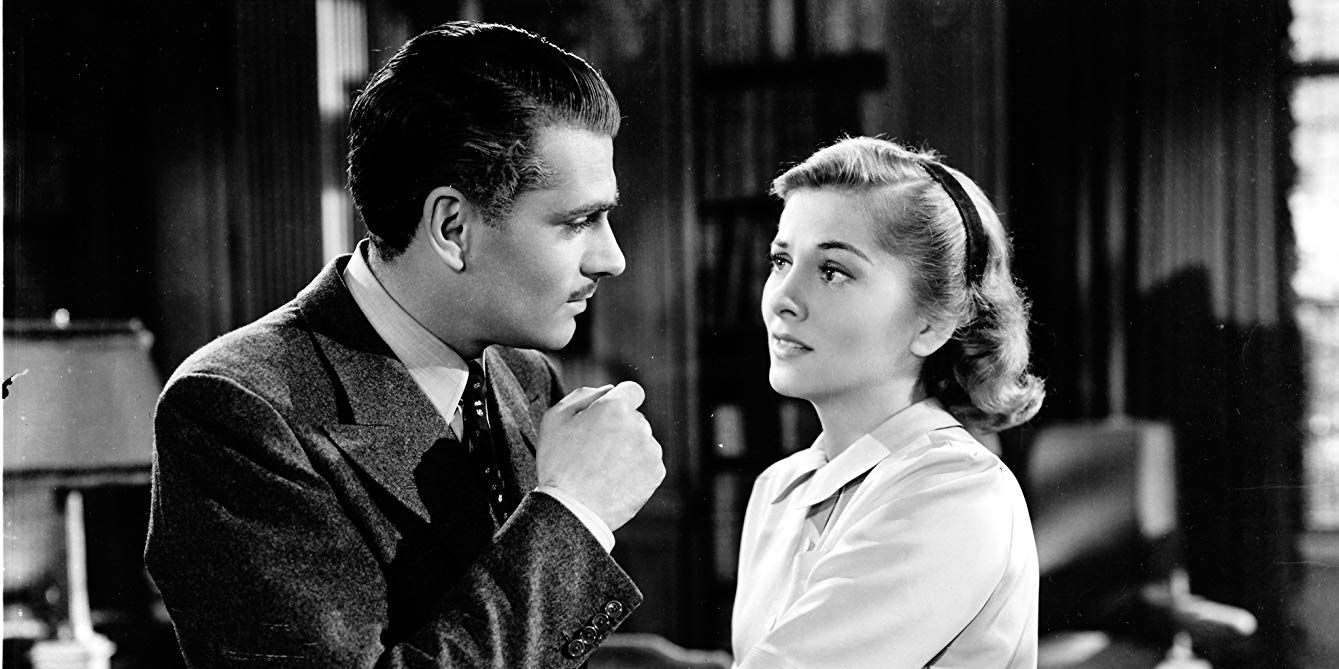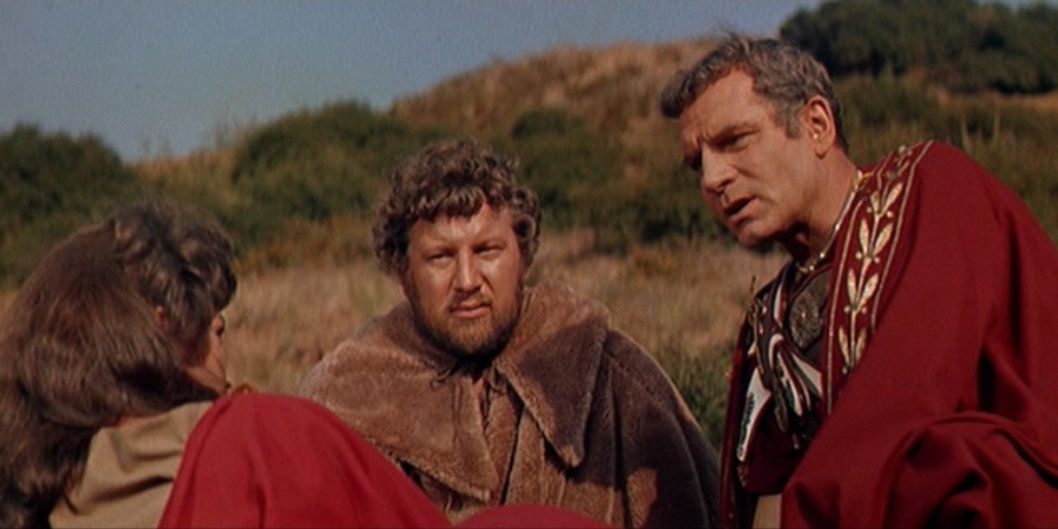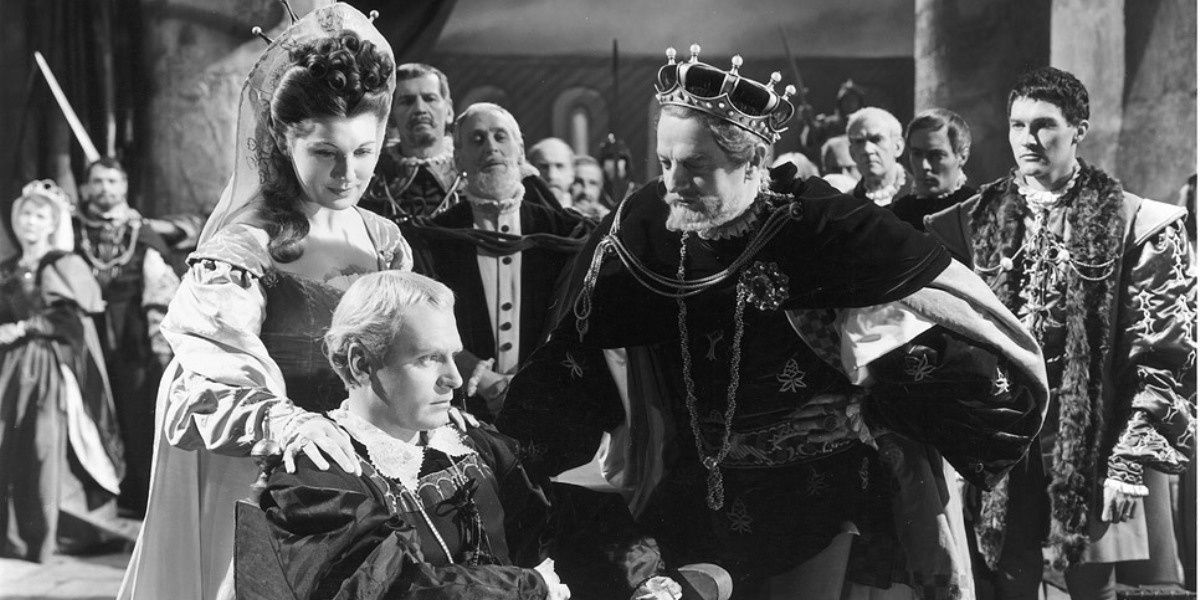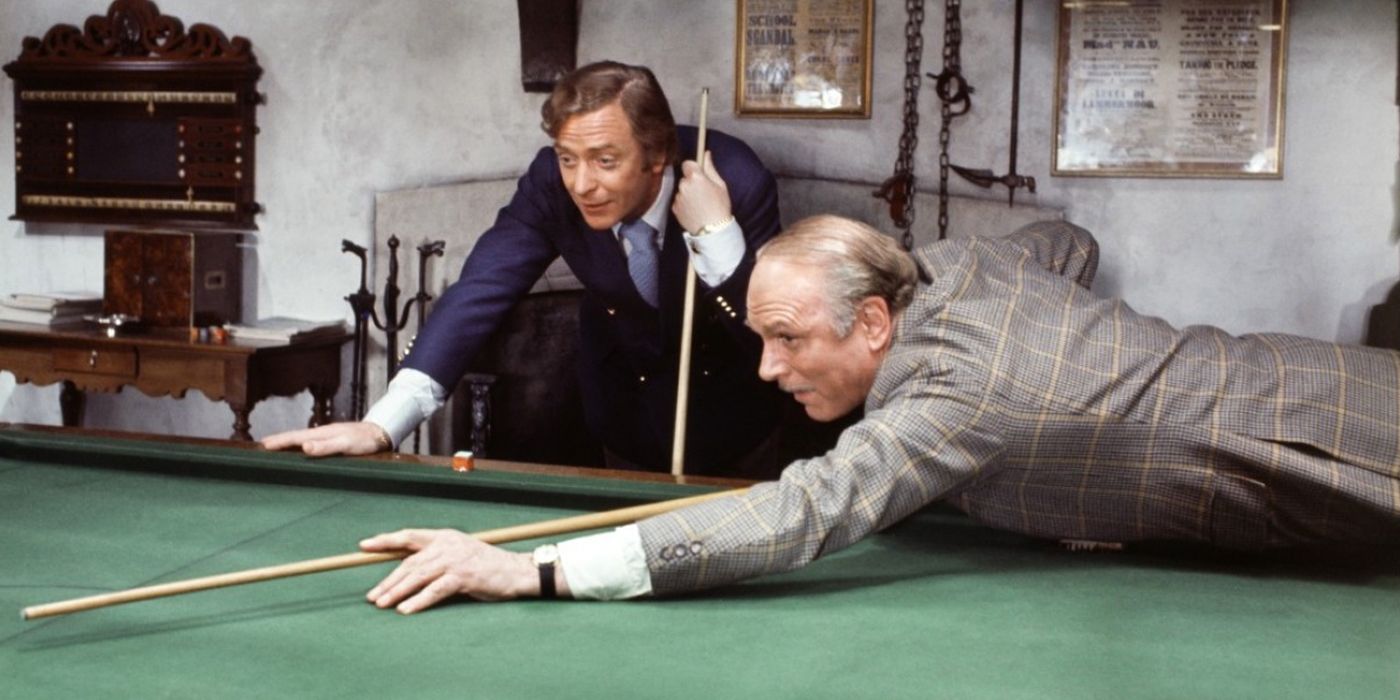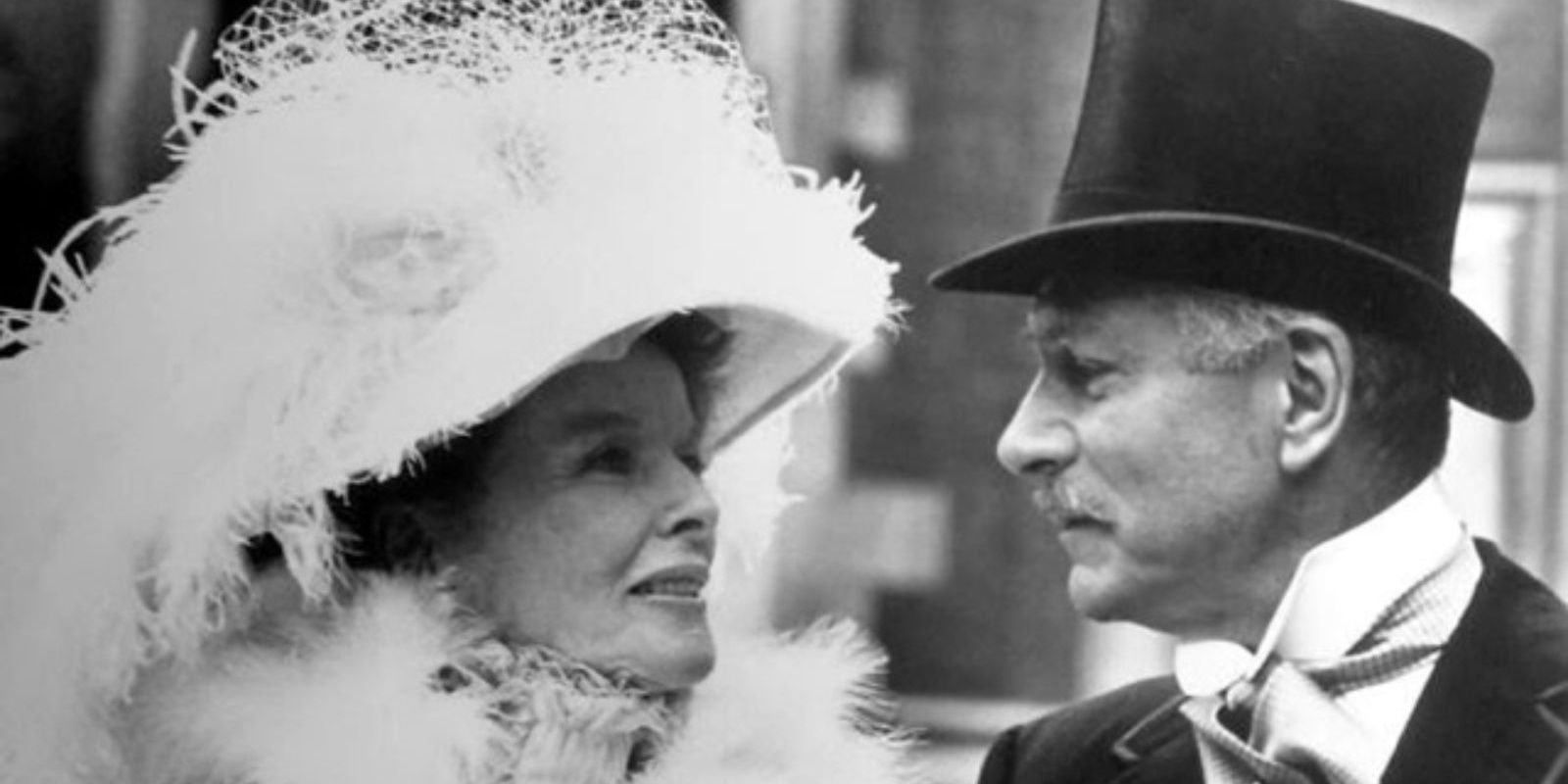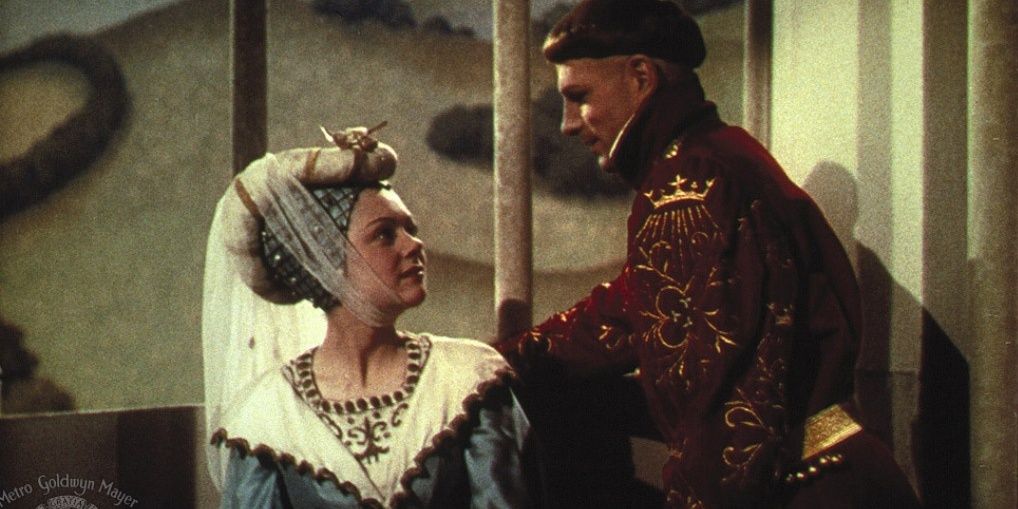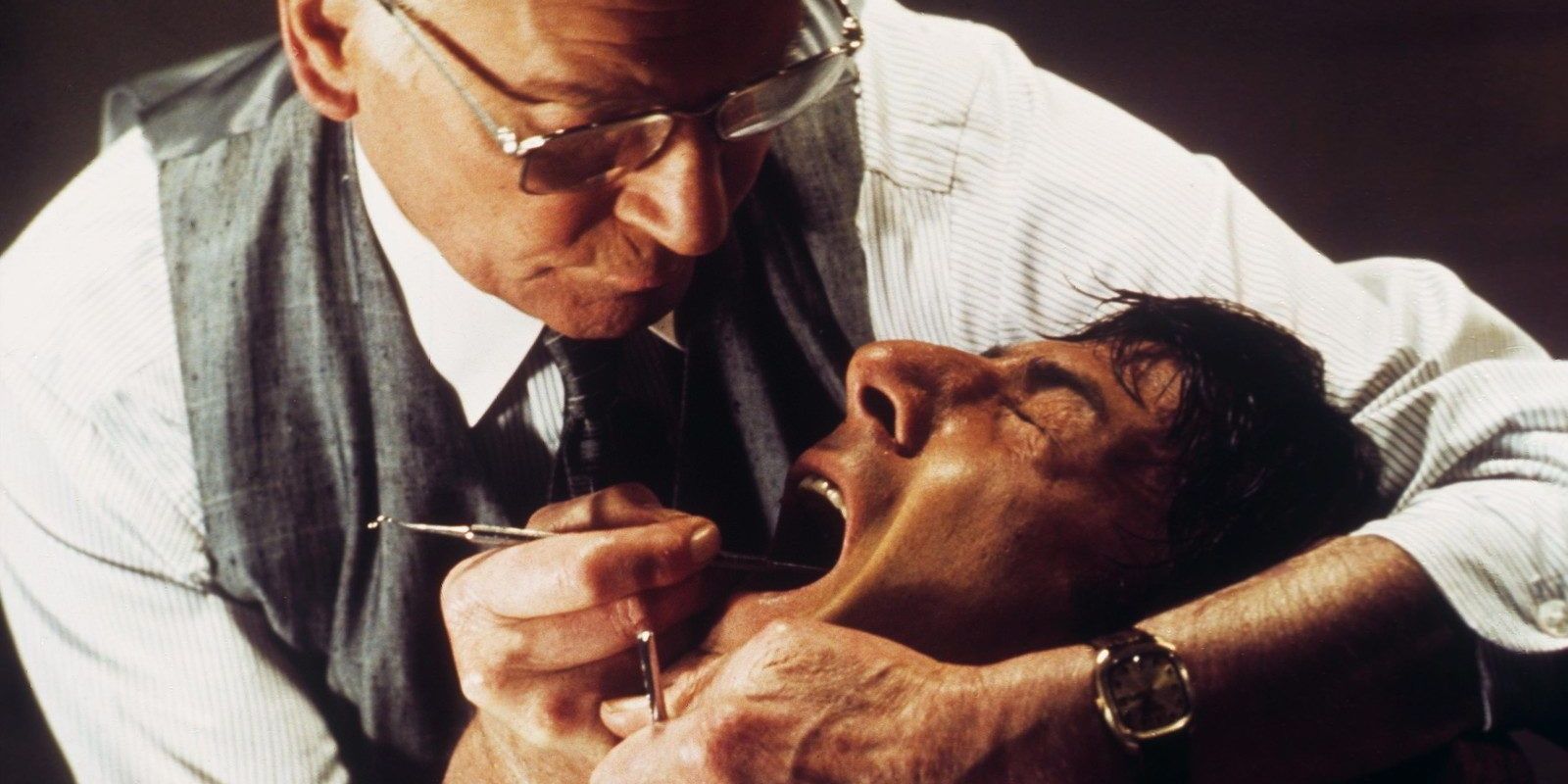It's hard to name the greatest actor of all time but Sir Laurence Oliver is definitely in contention. The late English actor won four Oscars and three Golden Globes. He also won numerous other awards in a career that spanned 60 years. Olivier also had a penchant for changing his appearance and voice from film to film. He was once quoted as saying "I can never be myself in a movie, I have to have a pillow up to my jumper, a false nose or a mustache or wig. I cannot come on looking like me and be someone else"
Olivier is also credited with making British actors and films popular. He also had a deep love for theater. He appeared in close to 100 plays. His cinema total stands at an impressive 76. Even as a director, he always starred in the films he was making. But what are some of his most iconic roles?
Heathcliff: Wuthering Heights
In Wuthering Heights, two young best friends Healthfciff (Laurence Olivier) and Cathy (Merle Oberton) grow up together in Yorkshire. When they become adults, Cathy breaks the poorHeathcliff's heart by marrying a wealthy man. Heathcliff becomes obsessed with a form of vengeance which eventually leads to a fatal tragedy.
The film does a good job of exploring jealousy and class disparity. The manner in which Olivier switches from charming man to an almost psychotic beast is simply breathtaking. Interestingly, he couldn't get along with director William Wyler during filming. For his role as Heathcliff, he received a Best Actor nomination at the Academy Awards.
Ezra Lieberman: The Boys From Brazil
The Boys From Brazil is as good as conspiracy thrillers can. The film which saw Olivier receive the last of many Oscar nominations was adapted from a novel by Ira Levin. And it wasn't just Olivier's performance that was great. James Mason and Edward Seibert also gave their hearts and souls into their roles.
In the movie, Olivier is Ezra Lieberman, an elderly Jewish man renowned for hunting Nazis. He is brought to solve a case where several men have been mysteriously murdered. Soon, he uncovers a shocking Nazi plot. All the men had fathered identical sons. Why? The Nazis are trying to create a new race of Hitler-ish humans.
King Richard: Richard III
In Richard III, Olivier's character starts out as the Duke of Gloucester. His unrivaled skills on the battlefield help his brother Edward to become king. However, Richard begins coveting the throne. Through murder and deceit, he eventually takes his brother's crown. His bliss ends up being short-lived when he finds new challengers in Tudor and Henry.
Olivier won a BAFTA for his role. He also directed the film and is said to have cast only British actors. Ummm... okay Olivier. The talented actor also occupied 80% of the screen time because why not? Who is the boss? It's you, Olivier! It's only you.
Maxim De Winter: Rebecca
In one of the tightest races in Oscar contention. Olivier lost the Best Actor award to James Stewart who had literally redefined acting in The Philadelphia Story. The film, in general, was nominated for a grand total of 11 Oscars and won Best Picture.
In Rebecca, a wealthy man called Maxim de Winter meets a beautiful while on vacation at the French Riviera and falls in love with her. He marries her quickly and takes her back to his vast estate in England. To her surprise, the servants become hostile towards her because they liked Maxim's deceased wife Rebecca more. The new wife lives in terror and eventually discovers something strange about Rebecca's death.
Marcus Licinius Crassus: Spartacus
Here, Olivier plays Roman senator Marcus Licinius Crassus. Unlike the Starz original series with the same name, the sexual content in the film was toned down. A sexual scene involving Olivier was even removed from the original release only to be restored in an updated 1991 version. Oliver's character was full cheeky one-lines that reminded us of Batiatis in the Spartacus series.
In this movie, Kirk Douglas plays Spartacus, a rebellious soldier who ends getting purchased by Lentulus Batiatus as a slave. Batiatis is in the business of training gladiators so he trains Spartacus as well. Spartacus ends up falling for a fellow slave who is then sold to Crassus. When Spartacus learns about the sale, he becomes angry and leads a revolt that shakes the heart of Rome.
Hamlet The Prince Of Denmark: Hamlet
Shakespeare's characters are always impressive on paper but whenever they are brought to the big screen, they always fail to impress. This is because the movies about them are just never done right. However, Hamlet proved to be different.
Olivier plays Hamlet, the melancholy-laden Prince of Denmark who is juggling two decisions: should he kill his uncle, King Claudius for taking his father's life or not? Laurence brings out the prince's emotional moments superbly, giving us a highly tense film in the process. Hamlet became the first British to win Best Picture at the Academy Awards.
Andrew Wyke: Sleuth
Andrew Wyke (Olivier) is an author of mystery novels. His wife is cheating on him. He invites Milo, the man his wife is having an affair with, to his huge manor house. Andrew explains to Milo that he is tired of his wife anyway, so he wants him to take her. But since Milo doesn't have money, Andrew suggests that they fake a robbery where Milo will take jewelry from his house. Milo just doesn't realize he is being framed.
Olivier's performance was described as extraordinarily brilliant by most film critics. He received yet another Oscar nomination for his performance as the wealthy schemer but the award went to Marlon Brando for his role as Vito Corleone in The Godfather.
Arthur Granville-Jones: Love Among The Ruins
Olivier didn't want to appear in this film initially because he was more interested in the big screen. Love Among The Ruins was a TV movie produced by ABC. He eventually joined the cast - a decision he didn't regret. Olivier went on to win an Emmy for Outstanding Lead Actor In A Drama Or Comedy for his role as the barrister Arthur Granville-Jones.
The film follows Jessica Medlicott, a former theater actress in the Edwardian period who is accused by a young man of promising to marry him then abandoning him. The man sues her for £50,000 (plenty of money at the time), so she hires Sir Arthur Granville-Jones (Olivier), who is the best barrister in the country. Jones also happens to be a man she left 40 years earlier, but he has never gotten over her.
King Henry: Henry V
This was another brilliant Shakespeare adaptation in which Olivier served as both lead actor and director. For his work in the movie, he was granted a special Academy Award for Outstanding Achievement As An Actor. You have to be really good for the Academy to create a special award for you once you lose the ones you had nominated for. Henry V had been nominated for Best Picture And Best Actor.
The film follows Henry, England's newly crowned king who battles French forces for the territory of Normandy. It had a limited release in 1944, at the height of World War II, but went on to get wider screenings in 1946 after the war was over.
Dr. Christian Szell: Marathon Man
You might never want to go to the dentist again after watching this film. It's better for you to be killed by your painful tooth than by Dr. Christian Szell. The man was literally a pain in the tooth in this political thriller. For his role, Olivier got an Oscar nomination for Best Supporting Actor.
The movie follows a college graduate and athlete whose spy brother pulls him into a world of conspiracy. At the center of it all is Dr. Christian Szell (Olivier), a former Nazi official who now practices as a periodontist. One of the most terrifying scenes in cinema takes place when Olivier's character tortures the protagonist using dental instruments while sarcastically asking, “Is it safe?” No, it isn't safe!

